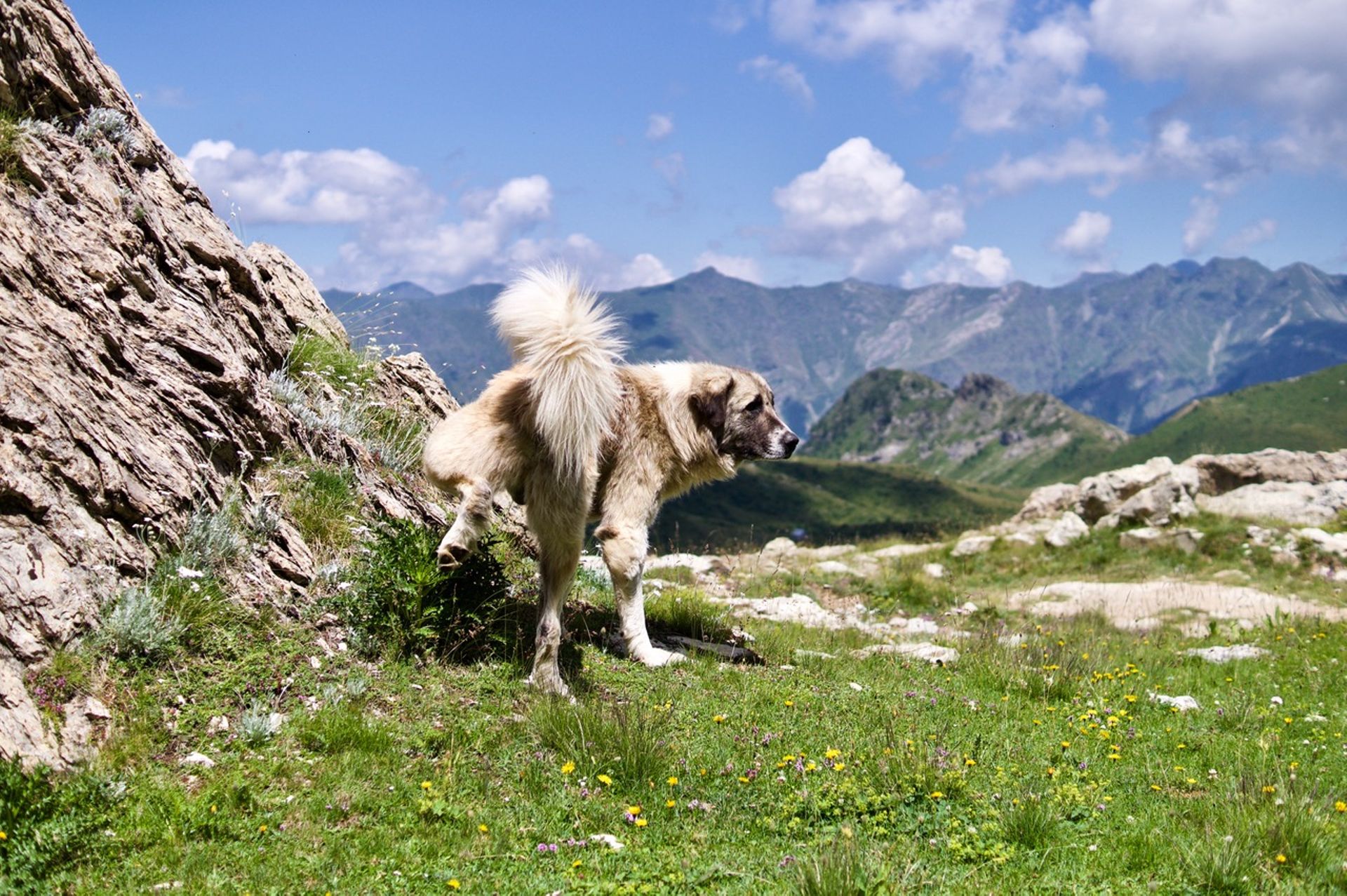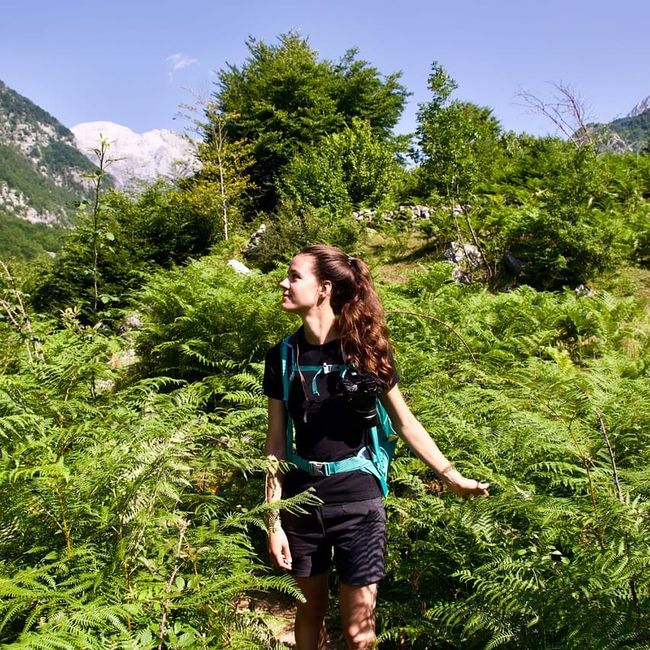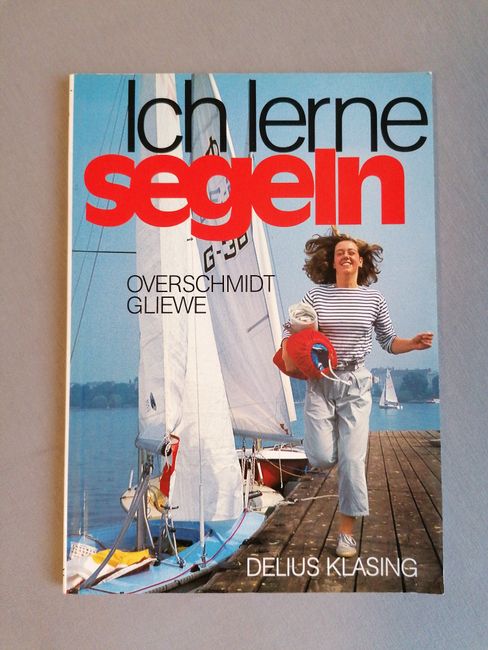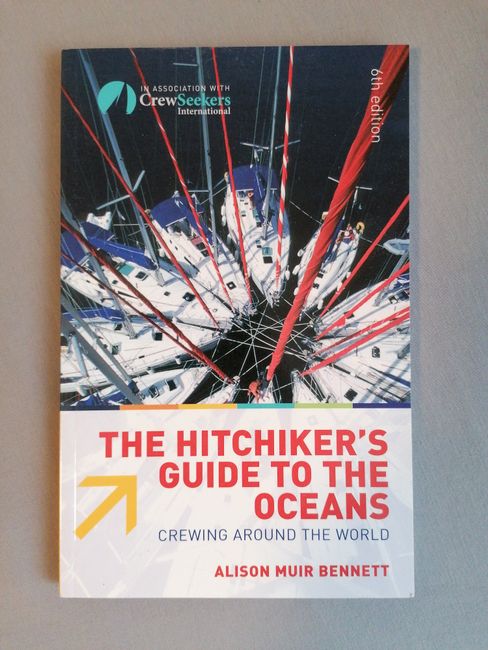Preparation
Buga: 15.10.2019
Biyan kuɗi zuwa Newsletter
My travel preparation went pretty much the same way as the rest of my life. I brainstorm, research, make a list, and then meticulously go through it. I've been doing this for many years and it works well for me :)
So here's my list for you, including a few (hopefully) helpful comments.
One week before the trip, all that's left to do is say goodbye and pack. I'll write a separate post once I manage to squeeze all my stuff into a backpack.
Health Insurance
In Germany, everyone is required to join a health insurance scheme. As long as I'm employed, my employer takes care of the contributions to my health insurance. Once I'm no longer employed, I'm responsible for the contributions myself (roughly speaking).
However, since I'm leaving the country, German health insurance doesn't make much sense for me. So, I called my (public) health insurance company and they gave me good advice on the next steps. To exempt myself from health insurance in Germany, the insurance company needs proof of equivalent alternative insurance coverage abroad (e.g., travel health insurance from HanseMerkur or ADAC) during my absence. This must be sent to the health insurance company along with proof of departure from Germany (e.g., train ticket out of Germany).
However, once I depart, I won't be automatically insured when I return to Germany. I'll have to register and pay contributions to the health insurance company when I come back. This also applies to short visits (e.g., over Christmas).
However, the unemployment office apparently covers health insurance contributions during the period when I'm registered as unemployed and seeking work, if I understood correctly.
I opted for the 'small' long-term travel health insurance from HanseMerkur. It can be extended up to 365 days or terminated early.
IMPORTANT:
Everyone should definitely coordinate this individually with their health insurance company and the unemployment office before a long trip, as the process differs, for example, between those insured under the statutory scheme and those with private insurance. Not all insurance policies are accepted as alternatives.
Unemployment Office
Since my employment is ending, I have to register as unemployed and job-seeking with the unemployment office (online) and confirm this in person (at the office).
During the period between the end of my employment and the start of the trip, the unemployment office will cover my health and nursing insurance contributions to my health insurance company.
Once I leave, I have to 'deregister' with the unemployment office so they know they don't have to 'place' me during my absence. When I'm back in Germany, I can reopen my unemployment registration and potentially claim unemployment benefits and other services from the unemployment office until I find a new job.
I hope I'm not giving any incorrect information here, as this bureaucratic jungle is even confusing for me. Please make sure to double-check this before a long trip.
Sailing
Since my journey starts with 4-5 weeks of sailing across the Atlantic, I don't want to start completely unprepared. So, in the past few weeks, I've been on a few sailboats and bought two books that I still need to read.
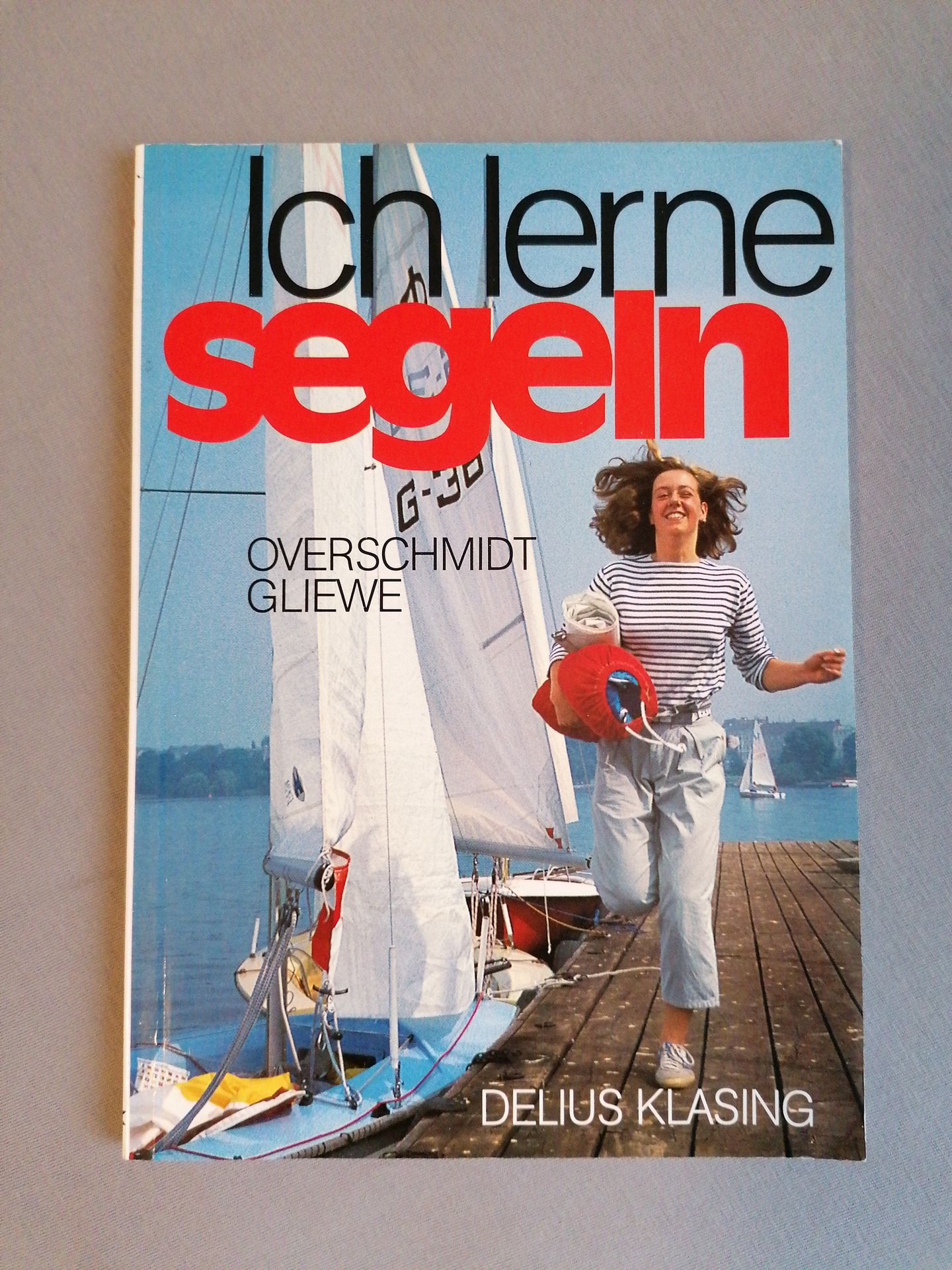
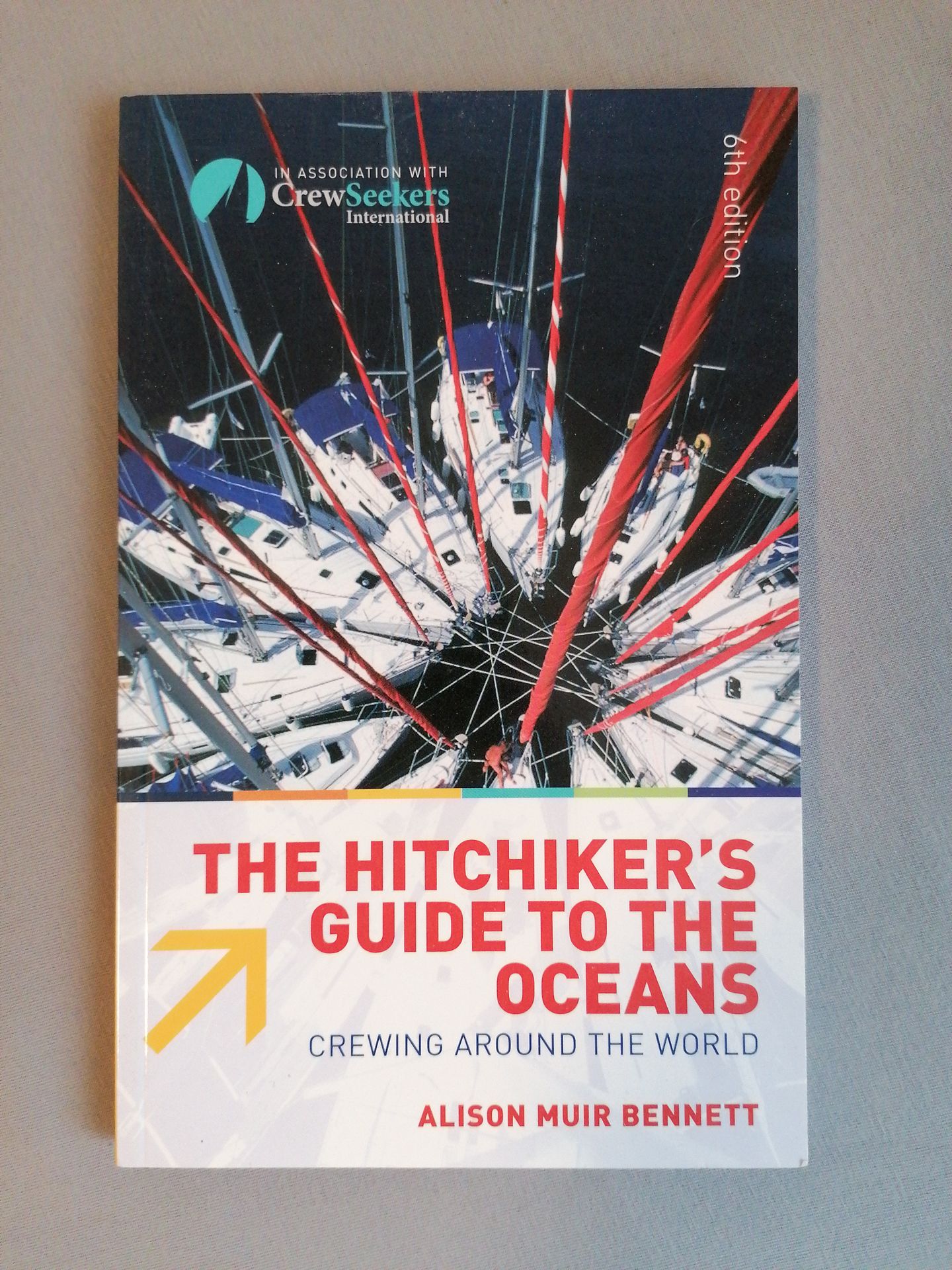
Spanish Language
Since I have only taken a basic Spanish vacation course so far, I have taken 3 hours of private lessons with an acquaintance to learn the basics and grammar. I have also borrowed a bunch of learning materials and occasionally use the duolingo app.
The private lessons were definitely worth it, as we were able to cover a lot at a very fast pace. With these basics, I can continue learning and practicing on my own, provided I can conquer my inner laziness. My latest acquisition is this comic, which makes learning a bit more fun.

Visa
Up to 90 days of stay is no problem in most South American countries, and the visa can be applied for directly upon entry. The relevant countries for me are Colombia, Ecuador, Peru, Chile, Argentina, and possibly Panama. Bolivia may require an extension after 30 days.
I have also downloaded the 'Sicher Reisen' app from the Federal Foreign Office, which keeps me informed about any current changes.
Credit Cards / Payment Methods
I already have a Visa card from BarclayCard, which I have been very satisfied with for years.
As a precaution, I will also get a second Visa card from DKB.
I will carry cash with me only in small amounts and withdraw local currency on site.
Tracking Device
To reassure my loved ones, especially my boyfriend, I have obtained the Spot Gen3.
The Spot is a satellite-based GPS device for tracking location and sending pre-defined SMS messages. In case of an emergency, the GPS position can also be transmitted to the international GEOS search and rescue center via satellite.
Vaccinations & Health
For this, I visited the Tropical Institute and received individual advice. In addition to standard travel vaccinations, I also got vaccinated against yellow fever.
My destinations are at risk for dengue fever and partially malaria, so I will also bring along strong mosquito repellent (active ingredient: DEET) for my skin and clothes, as well as a pack of malaria prophylaxis.
Other
I also obtained an international driver's license as a precaution.
The rest of the preparation went into my journey to Gibraltar, as well as my farewell party and my packing list. Each of these will have its own posts.
Regarding budget planning, I've only created a Google Sheet for now to track my expenses. At this point, it's difficult for me to set an exact budget because my expenses depend a lot on where I am and what I do there, as well as my lifestyle. But in general, my goal is to get by as cheaply as possible.
For entertainment, I got a large memory card for my phone and loaded it with music, audiobooks, and a few movies. I also brought a simple eBook reader (tolino Page).
Of course, my camera is indispensable. For my beloved Sony a37, I also got a smaller neoprene case so it can always be safely tucked away in my backpack, as well as two new batteries and larger memory cards. For underwater shots, I simply got a disposable waterproof film camera.
With all that, I feel well prepared and ready to go!
Biyan kuɗi zuwa Newsletter
Amsa

Rahoton balaguro Jamus
